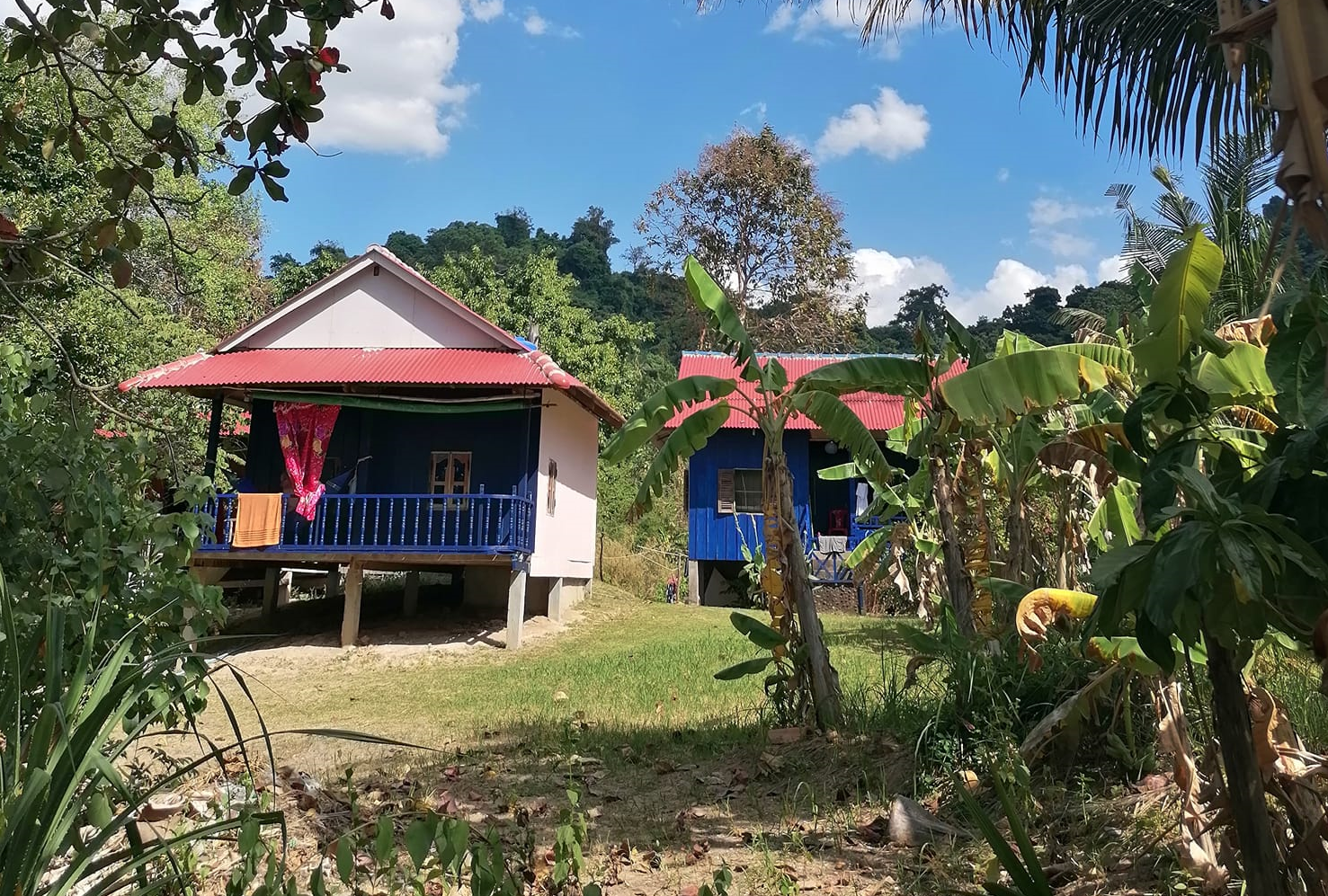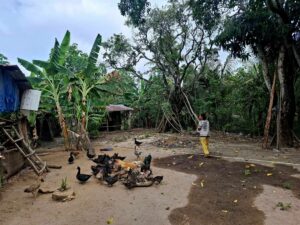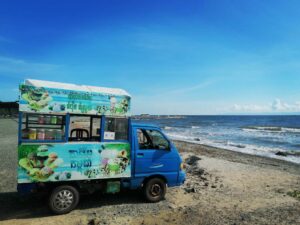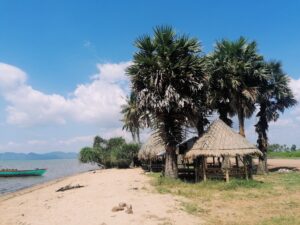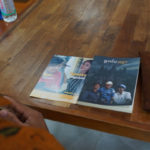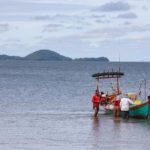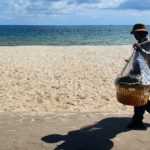Because digital exclusion exacerbates socio-economic inequities, bridging the digital divide presents significant opportunities to unlock local communities’ full potential in the sector of tourism. I believe, as many others, that community businesses can leverage tourism as a catalyst for local economic prosperity, environmental sustainability and, social justice.
The objective of responsible eco-tourism is to contribute to an inclusive, sustainable, and equitable development. It is about improving livelihoods, protecting the environment, and fostering global understanding between people. Nonetheless, in reality, the existing disparities between dominant corporations in the sector of tourism and small local businesses are made worse by a stark digital divide.
To be clear, the capacity of community businesses to benefit from tourism is restricted when they do not have access to digital payment options or online advertising. Many people in local communities are either restricted by a lack of resources and infrastructures or a lack of capacity to use digital tools at their advantage, or both. As research indicates, the digital inclusion of local communities is essential for sharing the economic benefits of tourism.
For instance, the Asia Foundation and the Cambodia Development Resource Institute published a study in 2023 entitled “The Current State and Role of Digital Technology Adoption in Tourism.” The survey, which involved 1,000 Micro-, Small and Medium-sized Enterprises (MSME) in Phnom Penh, Siem Reap, Preah Sihanouk, Kampot, Mondulkiri, Ratanakiri, and Koh Kong, found out that investments in digital technology are positively correlated with the productivity and revenue of MSMEs.
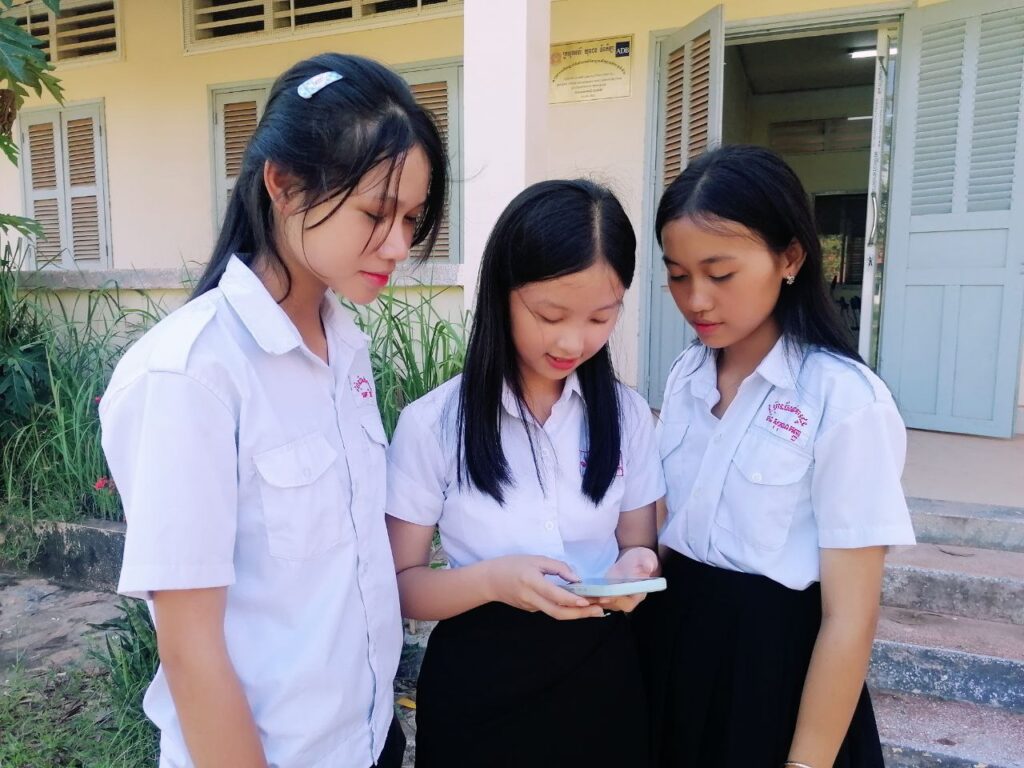
The report exposed a number of barriers preventing MSMEs from adopting digital technologies. While 58 percent of MSMEs identified a lack of digital skills as the primary challenge, 28 percent cited a lack of funding. Therefore, the main recommendation of the report was to adopt digital technology, such as setting a website, using and participating to social media and digital platforms, and implementing e-payment systems.
This finding is significant in the context of the CO-SAVED project, which is co-funded by the EU and co-led by the NGO Action Education / Aide et Action (AEA). It means that, in the coastal regions of Cambodia where the project is implemented, digital inclusion offers an important opportunity to enhance local fishing communities’ direct connection to a worldwide market of tourists and travelers.
It is, thus, important to assist them in taking advantage of the economic opportunities that digital tools provide. These days, a range of social media platforms, mobile applications, and other technologies are useful – if not essential – for managing online reservations, promoting goods and services, and facilitating communication between travel consumers and service providers.
Injustice on AirBnB: The case of Kep
AirBnB is a popular website that allows individual owners to rent out a spare room, their apartment, or their entire house. The platform provides a unique opportunity for locals, families, and community businesses worldwide, as travelers often seek authentic experiences rooted in local cultures. AirBnB had a disruptive influence on the sector in its early years of existence, reducing the profit of traditional hotels and resorts.
However, it is a different story in Kep, a town in Cambodia that was established as a coastal resort by French colonialists in 1908. Under the pretense of “luxury” and “glamour,” tourism in this province has a long and enduring history of economic oppression and (neo)colonial injustice. AirBnB, which was created in 2008, has always been, and continues to be monopolized by luxurious resorts, boutique hotels and colonial houses.
In contrast, offers from local communities or private owners are almost nonexistent. Therefore, I see the inclusion of homestays and community accommodation on AirBnB as a disruptive initiative, approaching community training in digital technology as means of resistance through education. The ultimate purpose is to contribute to an equitable and sustainable development, taking into account local fishing communities, and cultural heritage.
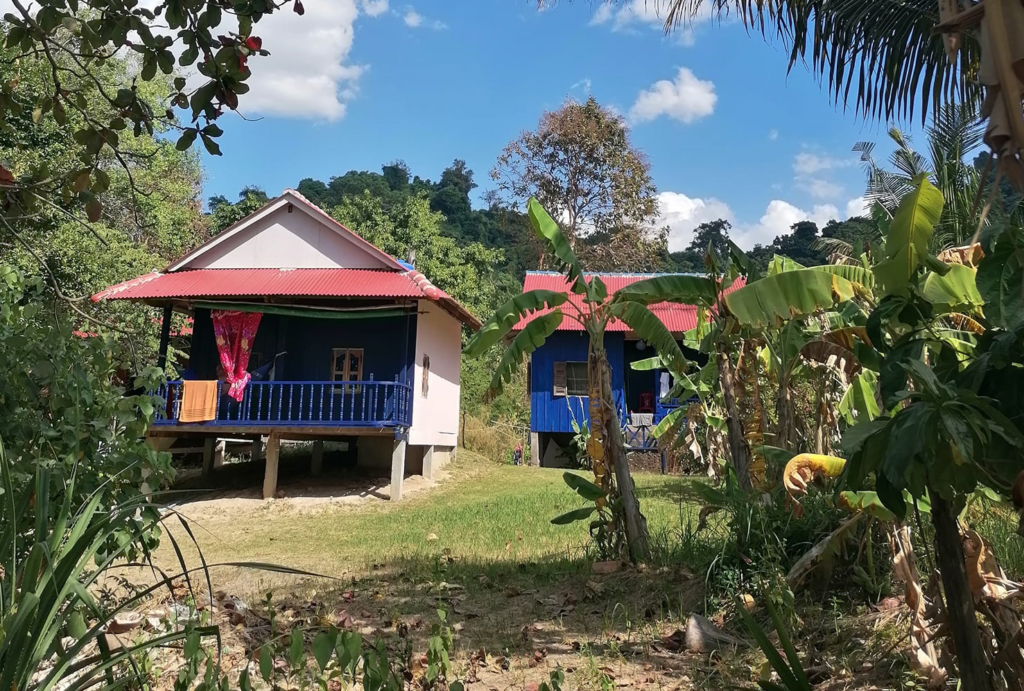
One of the most significant challenges for community-based tourism is dealing with decades of unfair competition. Hotels and luxury businesses should leave the AirBnB platform, which was originally conceived to benefit people, families, and local communities. Instead, they should use booking websites that are designed for them to create a more equitable business environment. In that case, they would face loyal competition from local communities.
Nonetheless, I believe they would not do so unless they are forced to, due to their profit-driven mindset. The problem is that, after the first step toward digital inclusion, a homestay would struggle to compete on AirBnB with a majority of comfortable boutique hotels and their water-wasting pools. Therefore, the competitive advantage of community businesses and local homestays must be known and promoted.
Local communities offer a specific experience. Tourists may learn about a certain lifestyle while also making deep and lasting human connections, which is not achievable in a luxury boutique hotel or a colonial house. Community accommodation provides economic, cultural, and environmental benefits. AirBnB guests may stay in a home on stilts in a fishing village, a traditional Khmer house, or a tree house, immersing themselves more deeply in Cambodian culture than in the artificial paradise of a fancy resort.
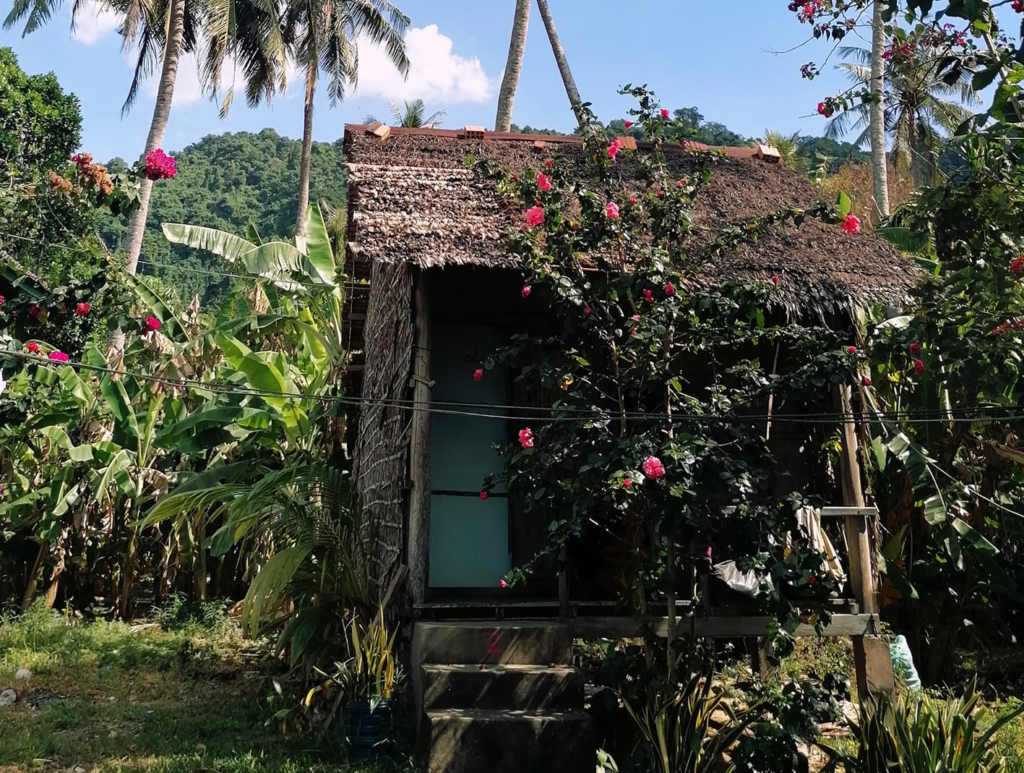
In terms of promotional strategies, foreign-owned boutique hotels and resorts usually target “international” visitors or “expats” from the capital Phnom Penh in order to maintain the segregationist system of tourism they benefit from. Therefore, to disrupt it at the advantage of local communities, digital financial inclusion on AirBnB should be combined with their active participation in Facebook groups where these hotels and resorts promote their services, often in French or English.
My hope is to involve and engage with tourists, journalists, bloggers, social media influencers, editors, and others to help level the playing field and resist oppression in the industry of tourism. The reality of unfair business, as demonstrated by the use of AirBnB in Kep, forces us to take a harsh and critical perspective at oppressive structures, to question if we are supporting systemic injustice, and to explore how we may contribute to a positive change for people and planet.
Disclaimer: The opinions expressed in this blog post are postcolonial and those of the author Dr. Cindy Cao. They do not purport to reflect the opinions or views of AEA or its partners.
